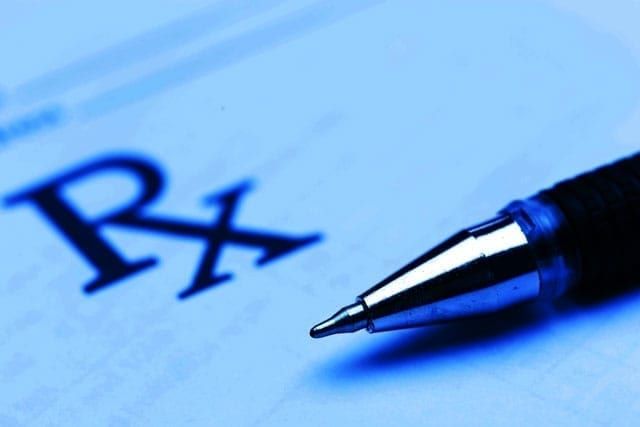What’s Safe to consume?
I recommend my pregnant patients to avoid Listeria illness by avoiding high-risk food items and following basic foods safety recommendations.
by Dr. Karlynn Sievers

Lately, my patient Jennifer (not really her real title) came set for a prenatal check out. She had been looking to get pregnant for many months. When she lastly got a confident result on a house pregnancy check, she and her hubby were thrilled. Through the go to, Jennifer mentioned they had consumed at a sushi eating place shortly before learning that she had been pregnant. She had noticed that it had been not good to consume sushi during pregnancy, therefore she wanted to make certain she and the infant were alright.
Jennifer is normally healthful and doesn’t consider any medications except a prenatal supplement. Her only symptom has been some mild nausea or vomiting. It had began a few days before she ate the sushi. I gave Jennifer a short physical examination. This included experiencing her abdomen for tenderness or discomfort and listening to the infant’s heartbeat. Her exam was normal, that was extremely reassuring to both folks.
After the test, I talked with Jennifer about healthful consuming during pregnancy. I informed her about certain meals to avoid, like the following:
- Raw or undercooked meats, poultry, seafood, and eggs
- Warm dogs and lunch time meats (unless heated to steaming warm right before serving)
- Refrigerated meat spreads (for instance, paté)
- Refrigerated smoked seafood
- Unpasteurized (natural) milk or juices
- Soft cheeses made out of unpasteurized milk (for instance, glowing blue cheese, queso blanco, Brie, feta, and Roquefort)
- Raw sprouts (for instance, alfalfa, clover, mung bean, and radish)
- Store-made salads (for instance, poultry salad and tuna salad)
- Unwashed vegetables and fruit
Most of these foods could be contaminated with a bacteria known as Listeria. It’s within soil, water, plus some animals (for instance, cattle and poultry). Listeria causes contamination called listeriosis. Women that are pregnant have a higher risk of getting contaminated with Listeria than additional healthy adults.
Listeriosis is relatively uncommon and only causes slight symptoms for many people. Nevertheless, it is a lot more severe for a pregnant female because it could be approved to her developing fetus. This can cause difficulties such as for example miscarriage or preterm work.
In women that are pregnant, listeriosis generally causes flu-like signs and symptoms, such as for example fever and chills, exhaustion, and muscle tissue aches. I informed Jennifer to get hold of my office immediately if she had these signs and symptoms. I explained that when we were worried she may have listeriosis, we could execute a lab check to check. Listeriosis could be dealt with with antibiotics if it’s diagnosed early.
It proved that the sushi roll Jennifer got eaten was made out of cooked fish. Since just raw seafood bears Listeria, I reassured her that she possibly wasn’t at an increased risk for listeriosis out of this sushi. Jennifer had been relieved. When she returned a month later for a normal prenatal check, her nausea or vomiting was long gone and she was sensation better.
Fast Tip
Along with avoiding certain foods which can be contaminated with Listeria, I suggest my pregnant patients to avoid listeriosis by following meals safety suggestions, including:
- Wash the hands with soap and drinking water after touching raw make or uncooked meats, poultry, or seafood.
- Rinse all fruit and veggies under running drinking water before you peel, lower, eat, or prepare them.
- Clear and sanitize countertops, slicing boards, knives, and utensils after preparing raw meats, poultry, or seafood. The U.S. Section of Agriculture (USDA) website listed under “Assets” (below) offers tips about how to sanitize cooking area areas and utensils.
- Keep raw foods and cooked food independent in order to avoid contamination.
- Work with a food thermometer to ensure meats, poultry, seafood, and eggs are usually cooked to a secure temperature.
